The Psychological Impact of Virtual Reality
Introduction
Virtual reality (VR) is a simulated experience that can be similar to or completely different from the real world. The immersive nature of VR has made it a popular tool in various fields, from gaming and entertainment to education and healthcare. However, the psychological impact of VR is a topic of ongoing research, as the technology continues to evolve and become more integrated into our daily lives. This article will delve into the various psychological effects of VR, including its potential benefits and drawbacks.
Understanding Virtual Reality
Virtual reality is a computer-generated simulation of a three-dimensional environment that can be interacted with in a seemingly real or physical way by a person using special electronic equipment, such as a helmet with a screen inside or gloves fitted with sensors Learn More. The goal of VR is to create an immersive sensory experience that can include sight, touch, hearing, and, in some cases, even smell.
Psychological Impact of Virtual Reality
The psychological impact of VR is a complex and multifaceted subject, with research indicating both positive and negative effects. These impacts can vary depending on the individual, the nature of the VR experience, and the duration and frequency of VR use.
Positive Impacts
Virtual reality has been shown to have several positive psychological impacts. These include its use in therapy and rehabilitation, its potential to enhance learning and memory, and its ability to foster better social connections.
Therapy and Rehabilitation
One of the most significant areas where VR has shown promise is in the field of therapy and rehabilitation Learn More. For example, VR has been used in exposure therapy for individuals suffering from post-traumatic stress disorder (PTSD) and phobias. By gradually exposing these individuals to the situations they fear in a controlled virtual environment, therapists can help them learn to manage their anxiety.
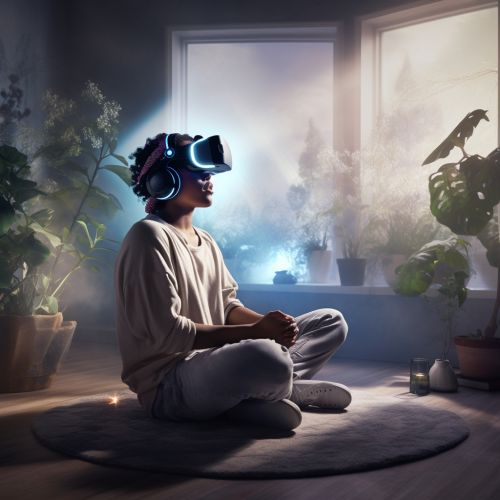

Enhanced Learning and Memory
Virtual reality has also been used in educational settings to enhance learning and memory. By providing an immersive, interactive experience, VR can help to engage learners in a way that traditional teaching methods may not. This can lead to improved retention of information and a deeper understanding of the subject matter Learn More.
Social Connections
Despite the solitary nature of many VR experiences, research has shown that VR can also foster social connections. Multiplayer VR games and virtual social spaces allow users to interact with others in ways that may not be possible in the real world. This can lead to the formation of new friendships and improved social skills.
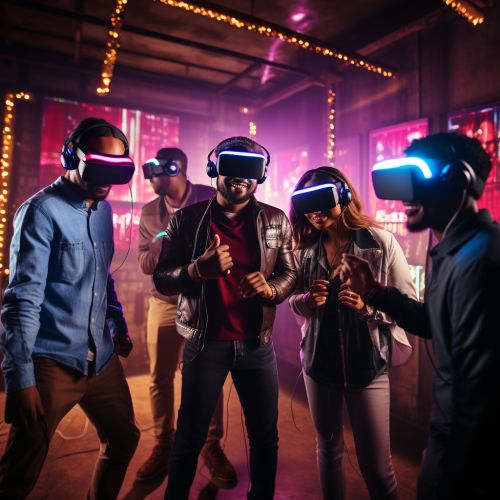
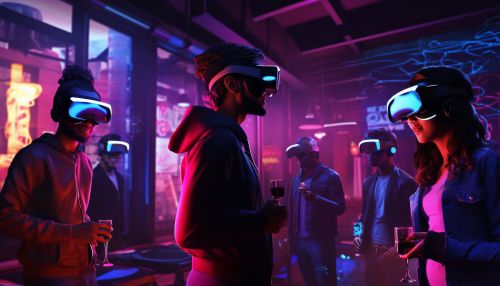
Negative Impacts
While there are many potential benefits to VR, there are also potential negative psychological impacts. These include the risk of addiction, the potential for increased aggression, and the possibility of experiencing adverse physiological reactions.
Risk of Addiction
Like many forms of technology, VR carries the risk of addiction. The immersive nature of VR can make it particularly addictive, as users may be tempted to spend increasing amounts of time in virtual environments, potentially neglecting their real-world responsibilities and relationships Learn More.
Increased Aggression
Some research has suggested that violent VR games could lead to increased aggression in users. This is based on the theory that the immersive nature of VR could make the violence in these games more impactful than it would be in traditional video games. However, this is a controversial topic and more research is needed to fully understand the potential impact of violent VR games on aggression Learn More.
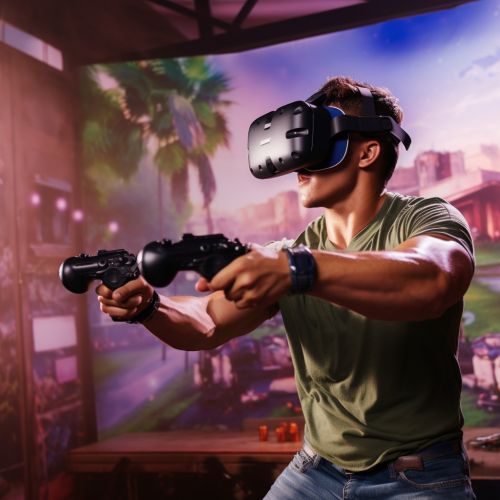
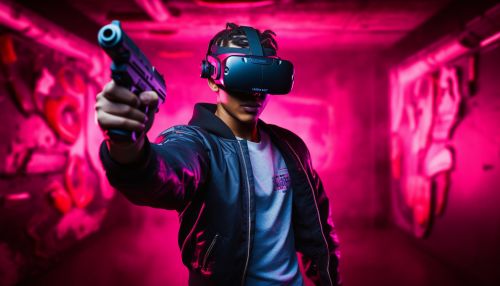
Adverse Physiological Reactions
Some individuals may experience adverse physiological reactions to VR, such as nausea, dizziness, or eye strain. These reactions are often due to the disconnect between what the user is seeing in the VR environment and what their body is experiencing in the real world, a phenomenon known as "cybersickness" Learn More.
Conclusion
The psychological impact of virtual reality is a complex and evolving field of study. While VR has shown promise in areas such as therapy and education, it also carries potential risks, including addiction and adverse physiological reactions. As VR technology continues to advance and become more integrated into our daily lives, it is crucial to continue researching its psychological impacts to ensure that it is used in a way that benefits individuals and society as a whole.
